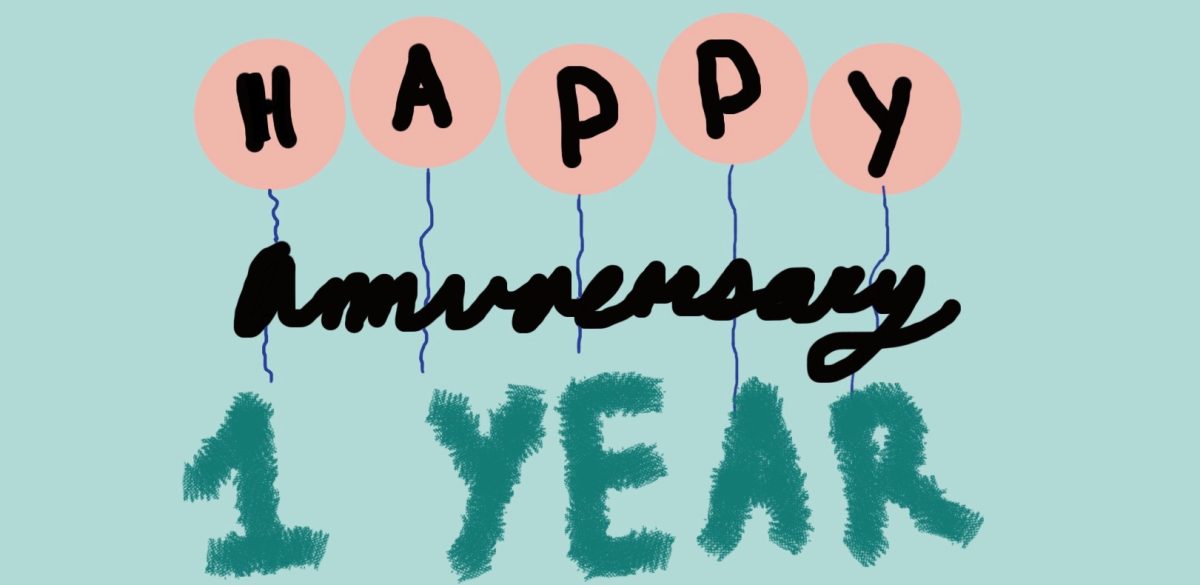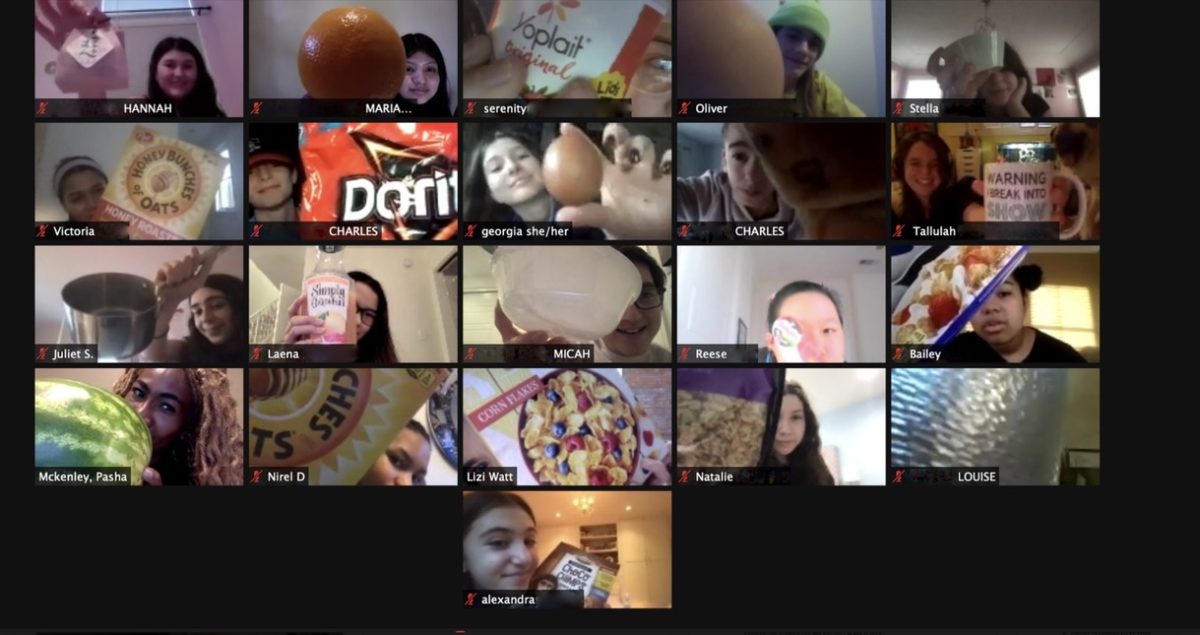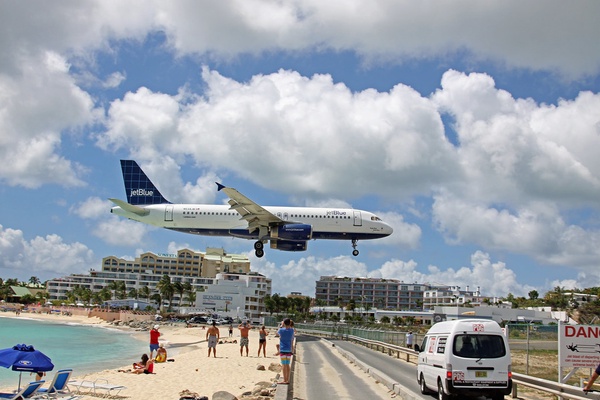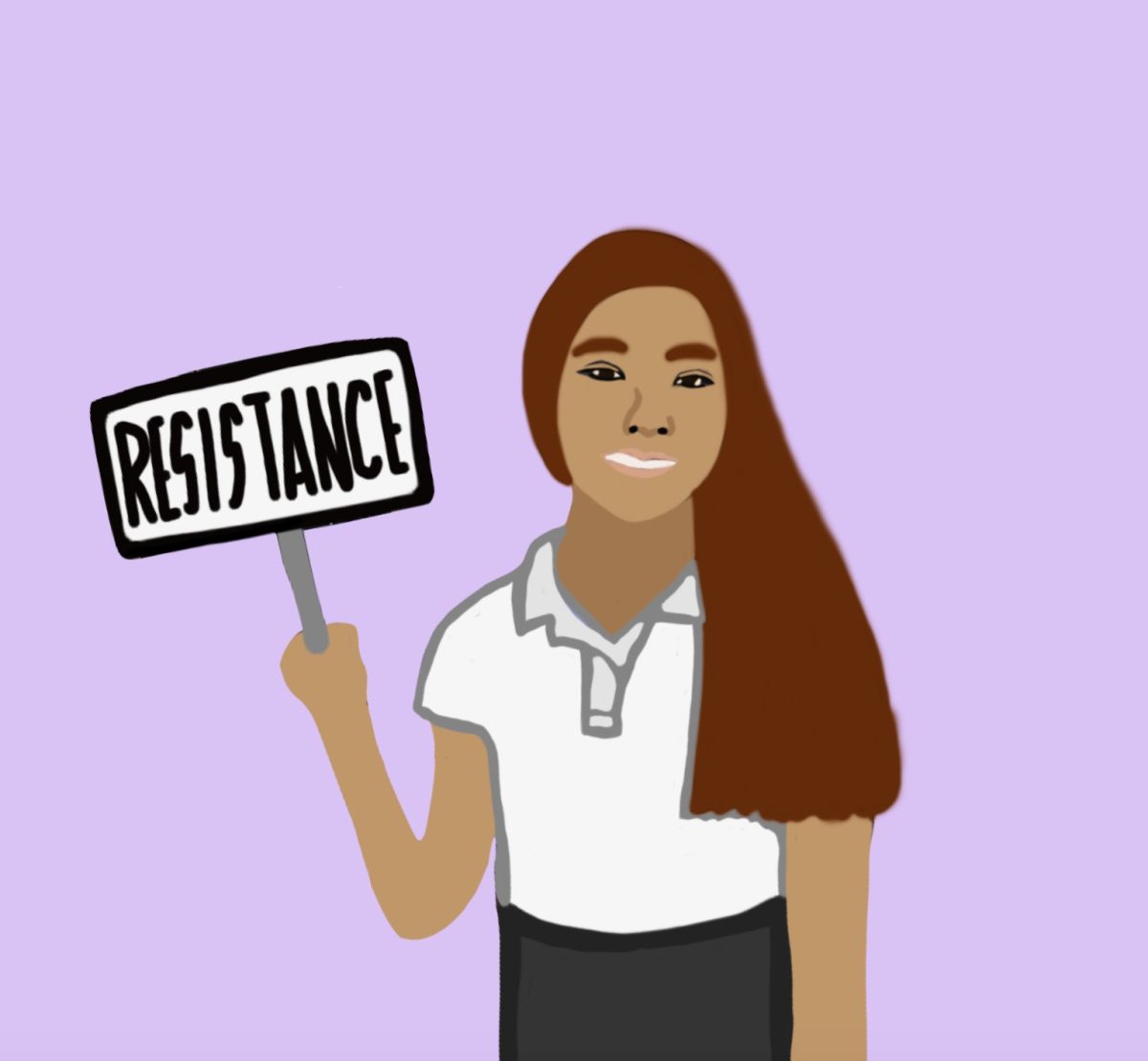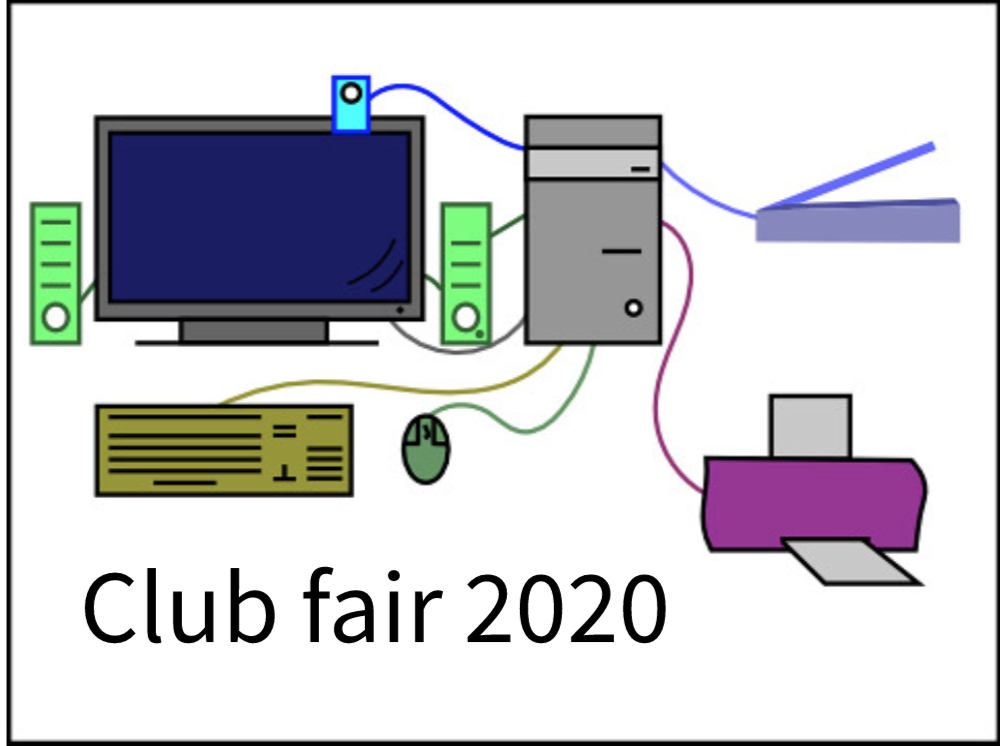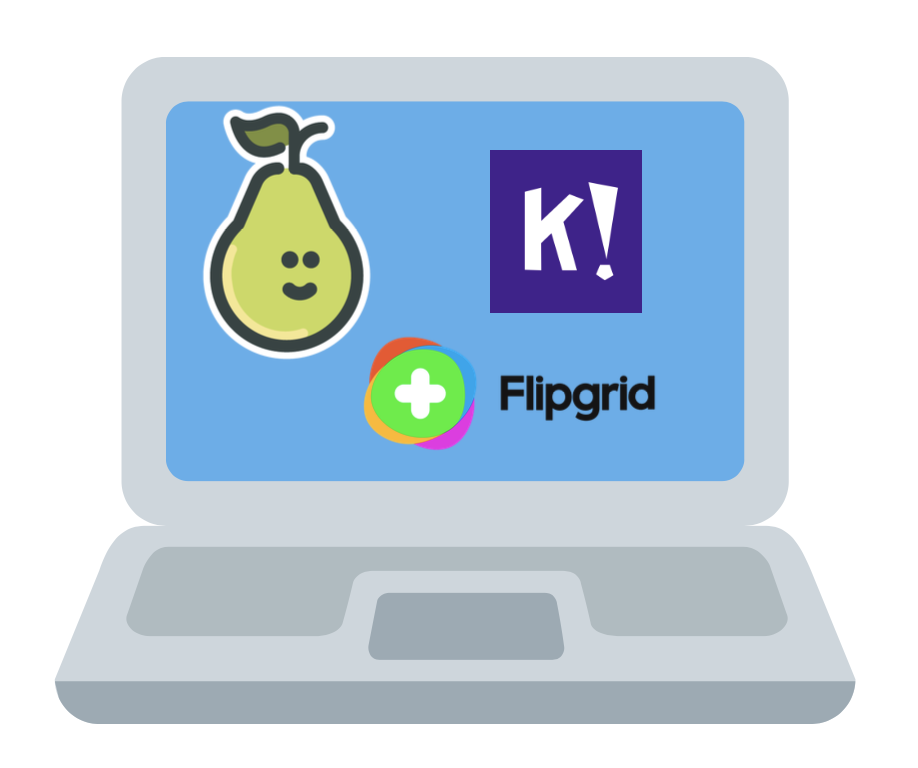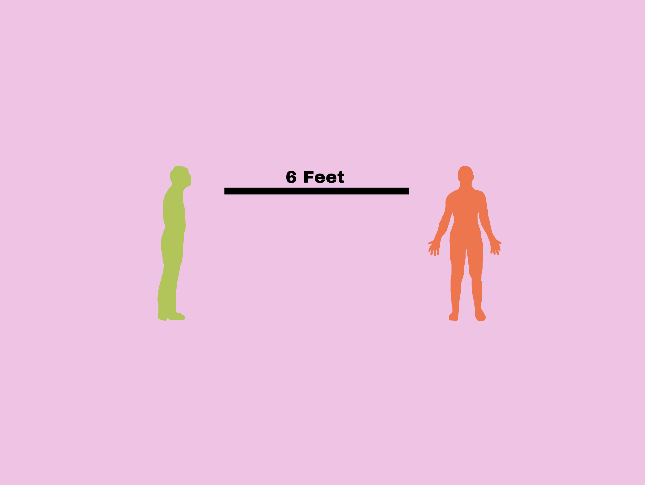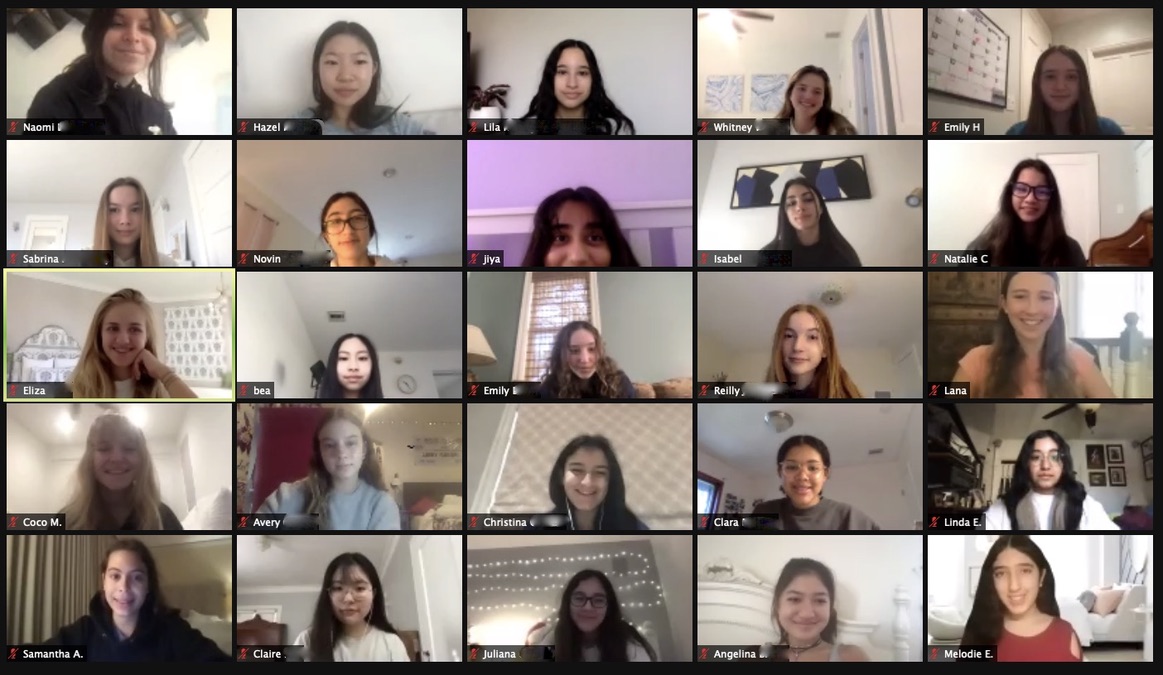
Prima Cocina on Montana Avenue is only open for delivery and takeout Many businesses are closed because of the Safer at Home order. Photo by Mila Bakhshandehpour.
People are wearing masks and standing six feet apart. Retail stores and restaurants are closed. No, the city did not transport into a dystopian novel. The coronavirus pandemic has traveled across the world, and the community wants to keep everyone healthy and safe from it. Mayor Eric Garcetti announced a Safer at Home emergency order to ensure the city has protection from the coronavirus, the virus that causes COVID-19. This order declares that you should limit your non-essential activities outside of the home and impacts many businesses and people of all ages, including Marlborough girls. Many citizens are still wondering what this means. What is considered essential and what is considered non-essential?
One of the things considered non-essential are the Los Angeles Public Libraries which are now closed and have content available for online use only. The events and programs have been canceled, and they will be sanitizing the libraries’ materials. Furthermore, no late fines will be assessed for any overdue books still at home that were not returned before the libraries closed. People can return the materials back to the library once they reopen.
Candice Mack, the senior teen librarian, and Jessica Levy, the Pacific Palisades Branch teen librarian, wrote, “We have tried to migrate as many resources and programs as possible to an online environment to help support our teens, families, and communities.”
Retail and fashion companies are considered non-essential and only allowed to conduct business online. Many clothing factories such as Burberry and Reformation are repurposing their factories to help make necessary items during this time such as masks and non-surgical gowns. They are also using their global supply chain to help track the delivery of these items.
Grocery Stores are considered essential and remain open, but it is definitely not business as usual. Aimée Lynch, mom of Ava 25’, described what it was like when she went inside a Whole Foods. There were many prohibitions to keep people healthy such as markers on the floor to stand 6 feet apart, and they would only let a certain amount of people inside the building. The cashiers were wearing masks and gloves and the shelves were pretty empty, such as the toilet paper section. People were not allowed to use reusable bags because they didn’t want germs to get on the counter.
“We visited the grocery store and it felt a little eerie,” Lynch said. Many people have been avoiding grocery stores altogether and opting to order their groceries online with companies like Amazon in an effort to avoid exposure to others as much as possible. But it has been hard to get a delivery window because of the high demand.
An Amazon Spokesperson said that most of their delivery services are still open, yet business has changed in numerous ways. For instance, there are a lot of customers that rely on the Amazon public cloud to make sure that their internet structure is working right now. Amazon is also ensuring that the environment where people work and the items shipped are clean and safe. There may be delays when Amazon is either prioritizing the neediest cases or there is a slowness in the supply chain (aka. vendors) because of quarantine. The company is also looking out for price gouging.
“The main thing that has changed is that we are being as active and as helpful to customers as we can,” The spokesperson said.
Restaurants and most hotels are considered non-essential. Their business is struggling greatly as a result. Even so, many are working to help others through this crisis and have also repurposed themselves for the greater good. Sam Bakhshandehpour, who works in restaurants and hospitality, said that even though people can’t dine in the restaurants, they can still order food with online delivery on some apps like Postmates or Uber eats. Business has also dropped a lot. He thinks that the number one goal is to serve the community though. A lot of his partners like José Andrés have food banks and volunteer organizations where they are feeding the community. Andrés has turned a lot of his restaurants into his organization’s headquarters, called community kitchens where they prepare food for low price or no price for the community.
“We are using the power of food to do good in the world,” Bakhshandehpour said. Some restaurants have even started selling groceries.
As for hotels, they have repurposed some of them as free places for people in the healthcare industry to stay and self quarantine. Every hotel has some vacancies, so they want to help the community that wants to keep their families safe.
Elizabeth Lurie 25’ noticed that life has changed dramatically for everyone, but people in the community are doing what they can to support each other. “The community is definitely helping out.” Lurie said. For instance, she has seen people in her neighborhood and online through platforms such as youtube give donations to suffering small businesses.
Many hangout spots such as Starbucks are closed, and it makes it difficult to socialize with friends. Tatum Lowe 25’ noted that, “The town just feels sort of dead, but I am looking forward to it coming to life again, and being able to spend time with my friends and family. ”

